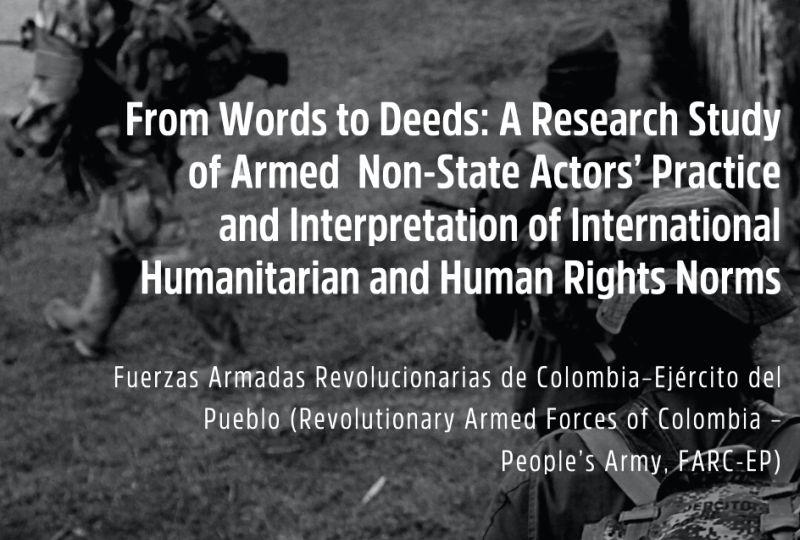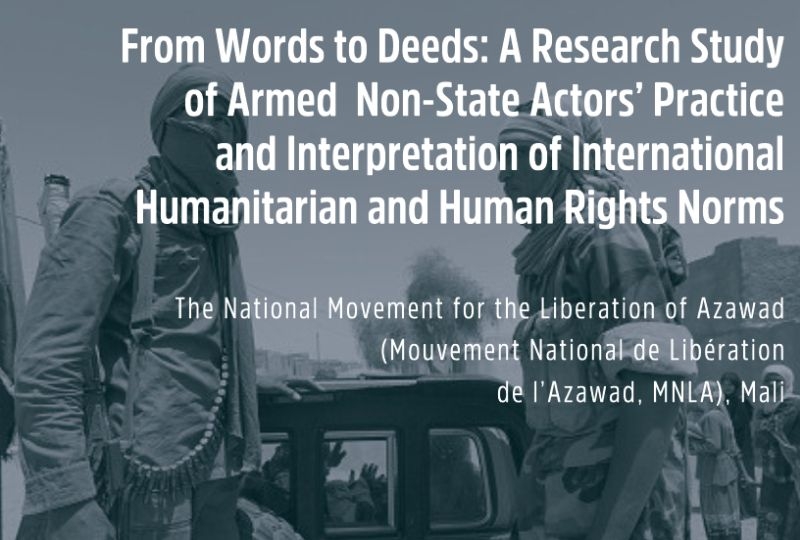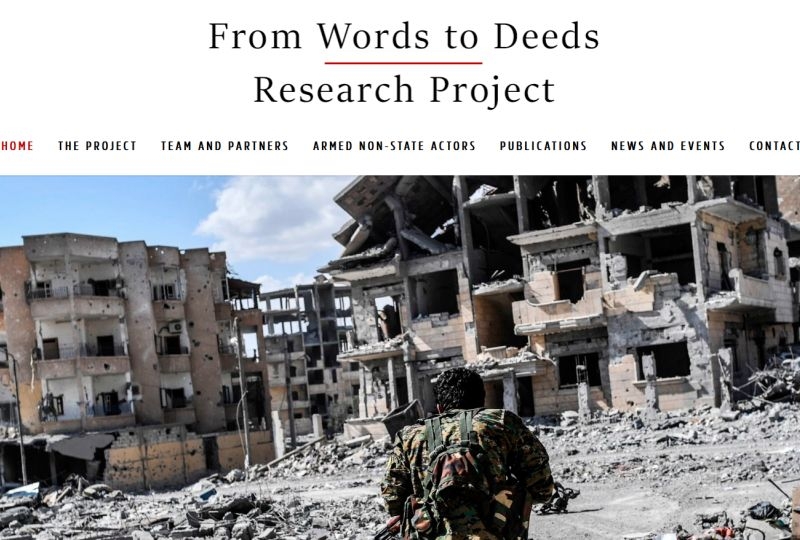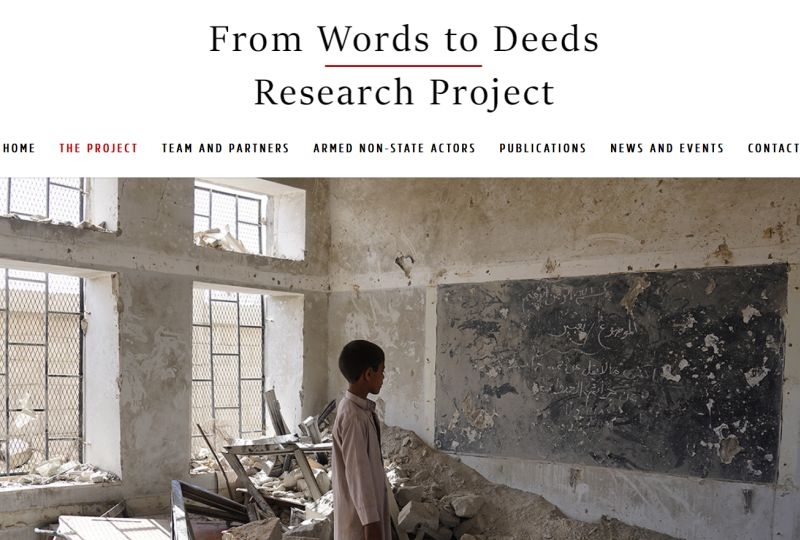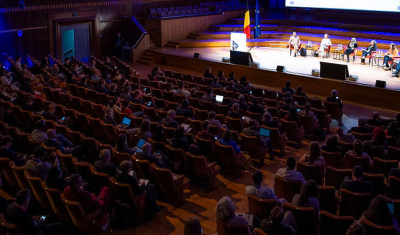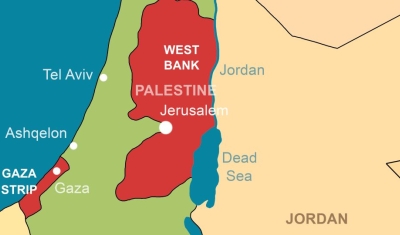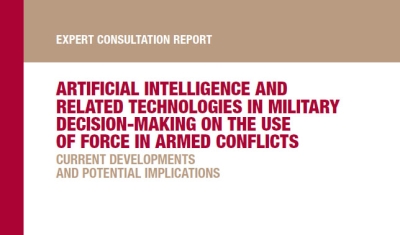These case studies are part of a larger research, the first of its kind, which examines the practice and interpretation of ANSAs on core IHL norms.
The project – funded by UK Research and Innovation and led by the Geneva Academy and Geneva Call, in collaboration with the American University in Cairo and the Norwegian Refugee Council (NRC) – will develop operational guidance for humanitarian actors with the aim to enhance ANSAs engagement towards IHL compliance.
The research team – headed by Dr Annyssa Bellal and composed of Co-Investigators Pascal Bongard, Ezequiel Heffes and Professor Nesrine Badawi – will collect ANSAs’ practice and views through available unilateral engagements, codes of conduct, public declarations, special agreements and peace treaties, and will also conduct field research and interviews with selected ANSAs – notably in Afghanistan, the Democratic Republic of the Congo, the Philippines, Myanmar, Lebanon and Syria.
‘The research will increase our understanding of ANSAs’ perceptions and behaviour in a context where ANSAs – key players in today’s armed conflicts – directly impact civilian populations. While they are bound by IHL, what ANSAs say about it and how they act upon its rules has so far remained insufficiently explored’ says Dr Annyssa Bellal.


